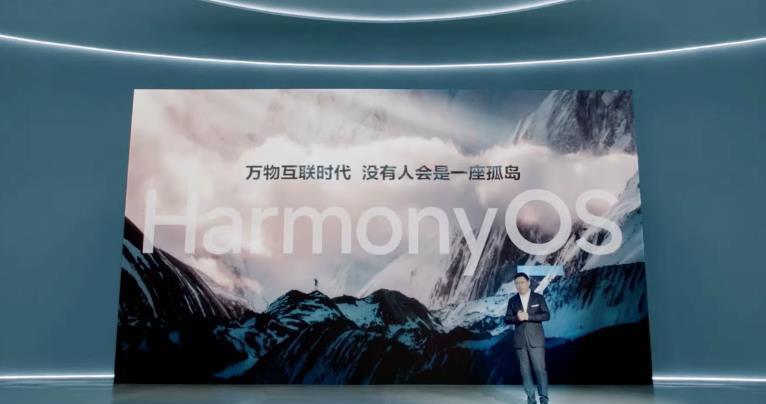
Text/JING Audit/Zi Yang Correction/Zhi Qiu
On January 4, BlackBerry announced that it would stop providing service support for BlackBerry OS and BlackBerry PlayBook OS, which means that users will no longer be able to use common functions such as phone calls, data Internet access, and text messaging, and BlackBerry phones will officially withdraw from the historical stage.
There is a system step in the footsteps of BlackBerry
It is worth mentioning that after a week of blackberry shutdown, another operating system has embarked on a dead end. On January 9, Samsung announced that the Tizen app store is closed and will no longer be open to new and existing users.
It is reported that the last mobile phone equipped with TizenOS was the Samsung Z4 released in 2017. From the perspective of hardware updates, Tizen OS has been completely abandoned by Samsung.
Although Tizen OS is still being applied in the field of smart watches and smart TVs. But combined with Samsung's attitude and market development, it is only a matter of time before Tizen OS completely withdraws from the historical stage. The Samsung smartwatch released in 2021 has switched to Google WearOS. In terms of smart TVs, although Samsung insists on using Tizen OS, Tizen OS does not support aosp and is not compatible with Android applications. For the sake of interconnected properties, Samsung will eventually abandon the system.
Intel and Samsung join forces to create a double
It is reported that Samsung Tizen OS is jointly built by Samsung and Microsoft, which can be seen as a hybrid of MeeGo and LiMo systems, and the positioning is similar to the current Hongmeng, which supports the interconnection of a variety of intelligent terminal devices.
Moreover, with its strong strength in the field of consumer electronics, Samsung quickly promoted Tizen OS to automobiles, tablets, computers, TVs, mobile phones and other products.
However, the user's acceptance of Tizen OS is not high. The reason for this situation is mainly that Samsung "only cares about birth, does not care about raising." ”
As we all know, the application ecology is the biggest problem plaguing the new system, although Samsung has been popularizing TizenOS, and even opened up a Z series product line for it, but in terms of ecological construction, it has never been careful.
And the most bizarre thing is that during the promotion of Tizen OS, Samsung established a relatively complete service system on the Android platform, but none of these services were ported to its own operating system.
In the author's opinion, Tizen OS is essentially a ticket product for Samsung, and the root cause of failure is insufficient attention.
Huawei Hongmeng learned its lesson
However, the successive launch of Tizen OS and BlackBerry systems has also sounded the alarm for Huawei Hongmeng.
In fact, the current Hongmeng and Tizen OS, like the BlackBerry system, are facing the problem of ecological scarcity. The difference is that at this stage, Hongmeng supports aosp and can be compatible with Android applications, which greatly alleviates the ecological pressure of Hongmeng's application.
In addition, Huawei has also learned from many failed system experiences and attached great importance to ecological construction.
When the Hongmeng system first came out, Huawei officially announced that it would reward developers with a billion US dollars to develop applications for the Hongmeng system. According to the official data, as of October 22, 2021, the number of Hongmeng ecological developers has exceeded 5.1 million.
With the increasing number of Hongmeng hardware partners and the continuous growth of active users, the number of Hongmeng developers will inevitably continue to increase, and ecological problems are expected to be completely solved in the future.
The biggest difference between Hongmeng and Tizen OS is actually the background of the times. At present, it is the era of intelligent connection of all things, the connection and synergy attributes are greater than everything, if Tizen OS can be born a few years later, the results may be very different.
Write at the end
On the whole, although Hongmeng has many similarities with Tizen OS, Huawei's official attitude towards Hongmeng is in stark contrast to Samsung's attitude toward Tizen OS. From this point of view, the outcome of the two operating systems should also be very different.